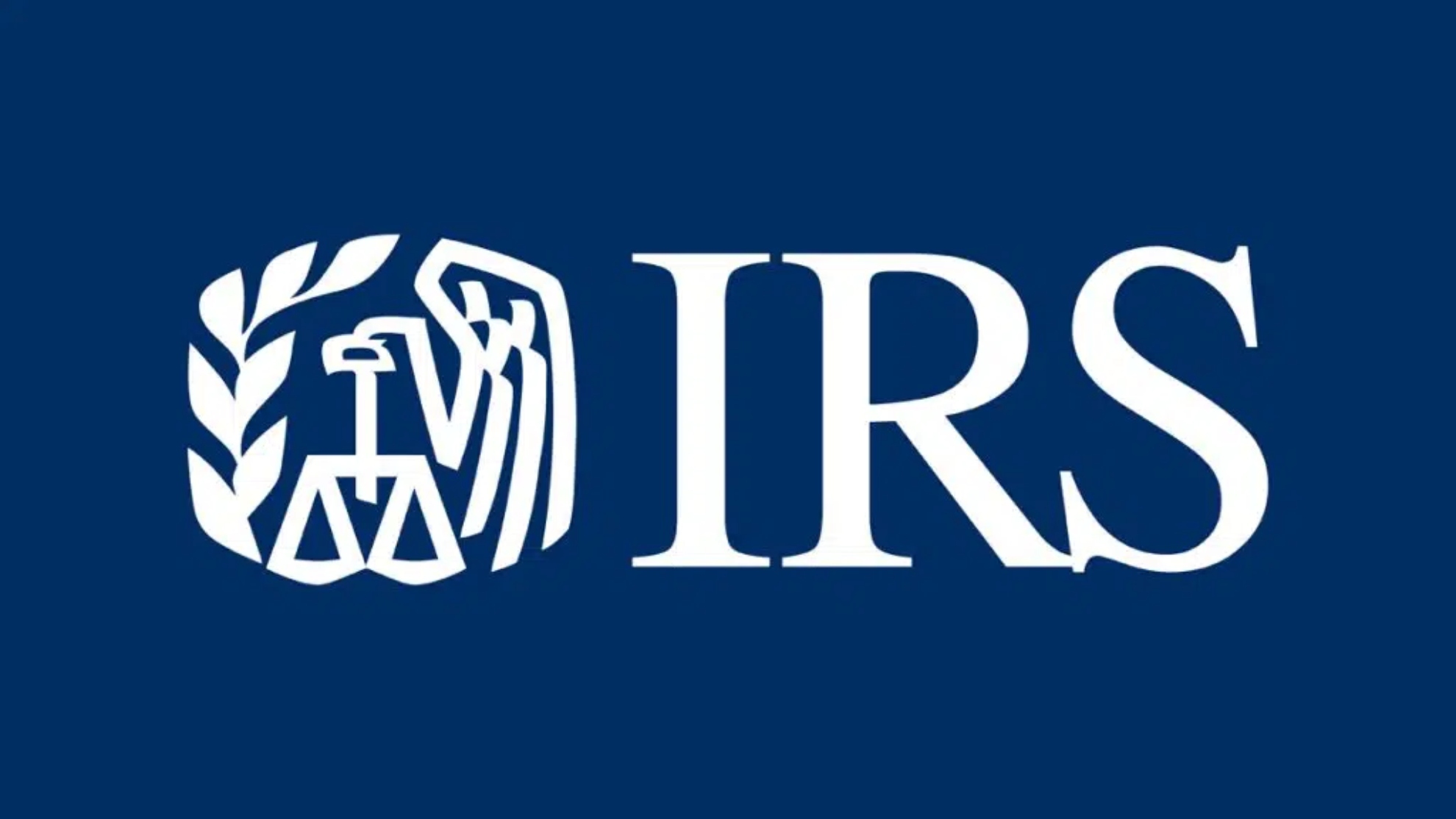The US Internal Revenue Service (IRS) issued the amended final regulations (TD 10011, RIN 1545-BQ34), on 4 November 2024,the document contains final regulations regarding the sale of a taxpayer’s property that the IRS seizes by levy.
The final regulations amend existing regulations to better allow the IRS to maximise sale proceeds for the benefit of the taxpayer whose property the IRS has seized and the public fisc. The final regulations affect all sales of property the IRS seizes by levy.
Under the final regulations, the Code of Federal Regulations section 301.6335-1, authorised by Internal Revenue Code (IRC) section 6335(e)(5), has been amended to incorporate these key provisions:
- Notice of seizure
This includes issuance and delivery and the contents of the seized property (i.e., the sum demanded and the identity of the seized property, a description with reasonable certainty of the seized property) - Notice of sale
This includes the IRS notifying the owner after the seizure of the property. The IRS must give notice of sale in writing to the owner. Such notice will be delivered to the owner or left at the owner’s usual place of abode or business if located within the internal revenue district in which the seizure is made. The final regulations also clarify the alternative methods the IRS can use to give notice of sale. - Notice of Time, place, manner, and conditions of sale
The sale will be held at the time and place stated in the notice of sale. The time of the sale will be at least 10 days and 40 days from the time of giving public notice. The final regulations also provide adjournment of the sale. For instance, when it appears that an adjournment of the sale will best serve the interest of the United States or that of the taxpayer, the IRS may adjourn the sale from time to time, but the date of the sale will not be later than one month after the date fixed in the original notice of sale. - Payment of bid price
Before the sale of property seized by levy, the IRS will determine a minimum price, considering the expenses of levy and sale, for which the property must be sold. Before the sale of seized property, the IRS will determine whether the purchase of the property by the United States at the minimum price would be in the best interest of the United States. - Default in payment
If payment in full is required upon acceptance of the bid and is not paid when due, the IRS will proceed again to sell the property. If the conditions of the sale permit part of the payment to be deferred, and if such part is not paid within the prescribed period, a suit may be instituted against the purchaser for the purchase price. - Participation in sales by revenue officers
According to the final regulations, no revenue officer who seized the property to be sold at a sale conducted under section 6335 of the Code and this section may participate in the sale of that seized property.
















